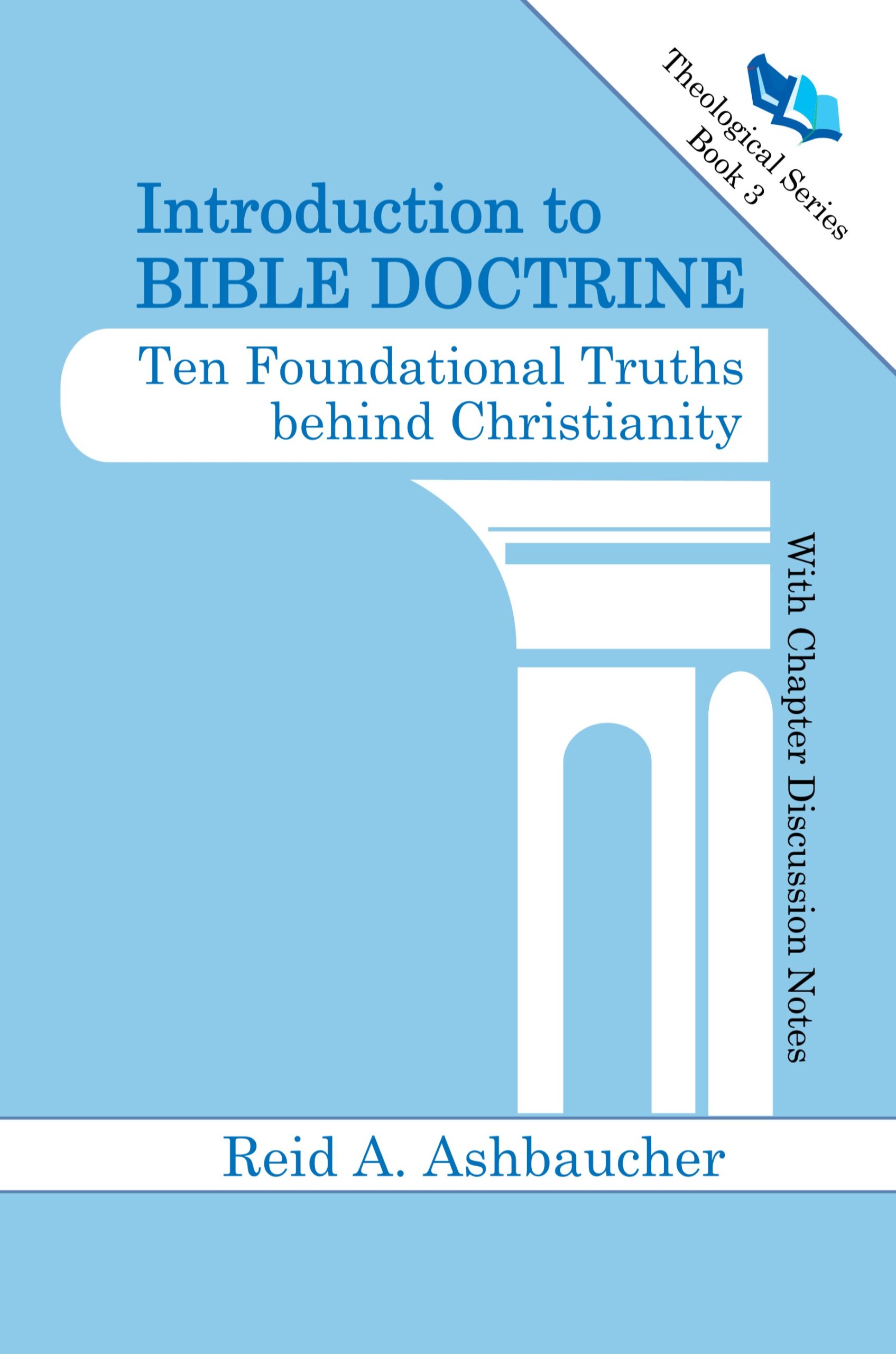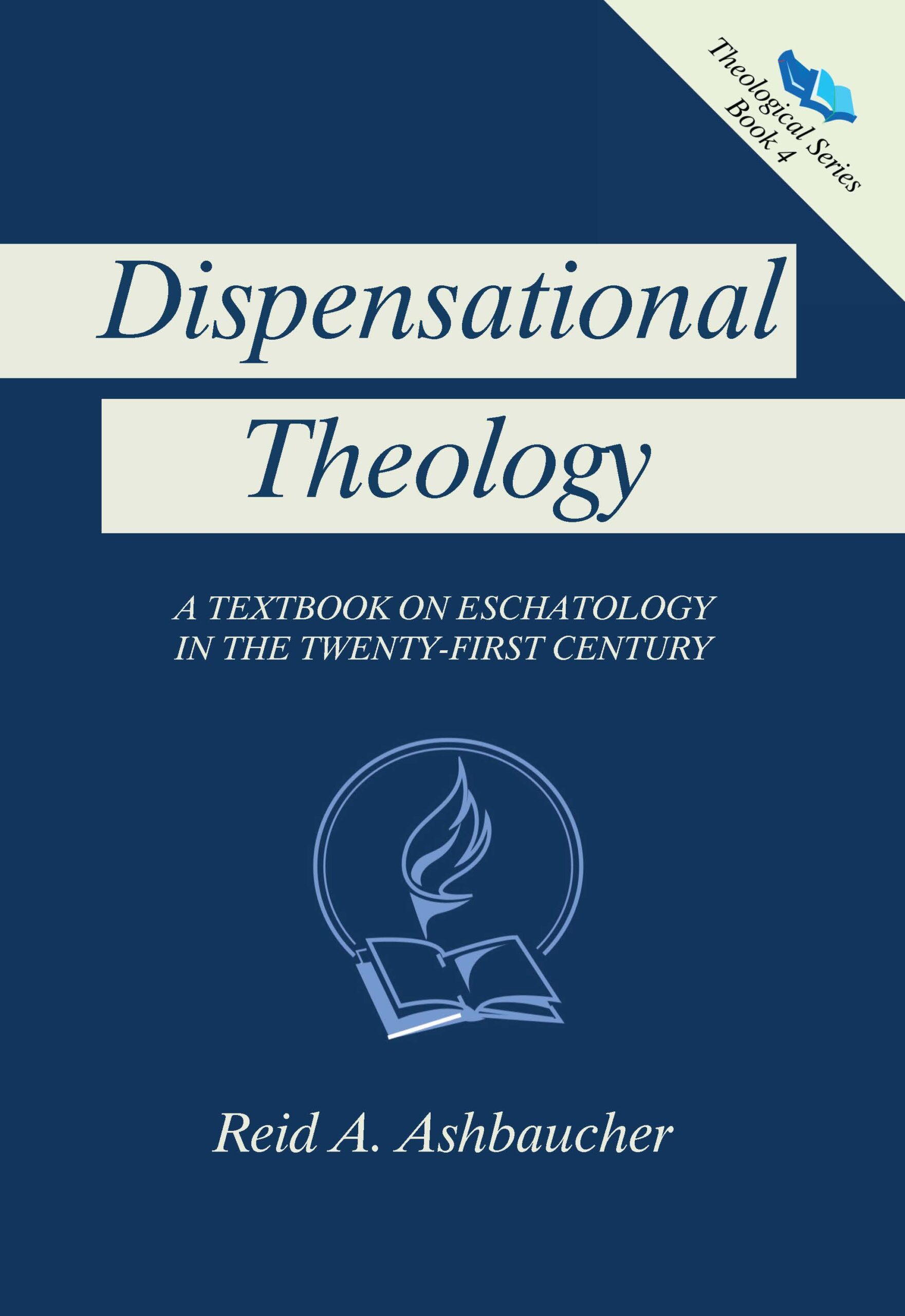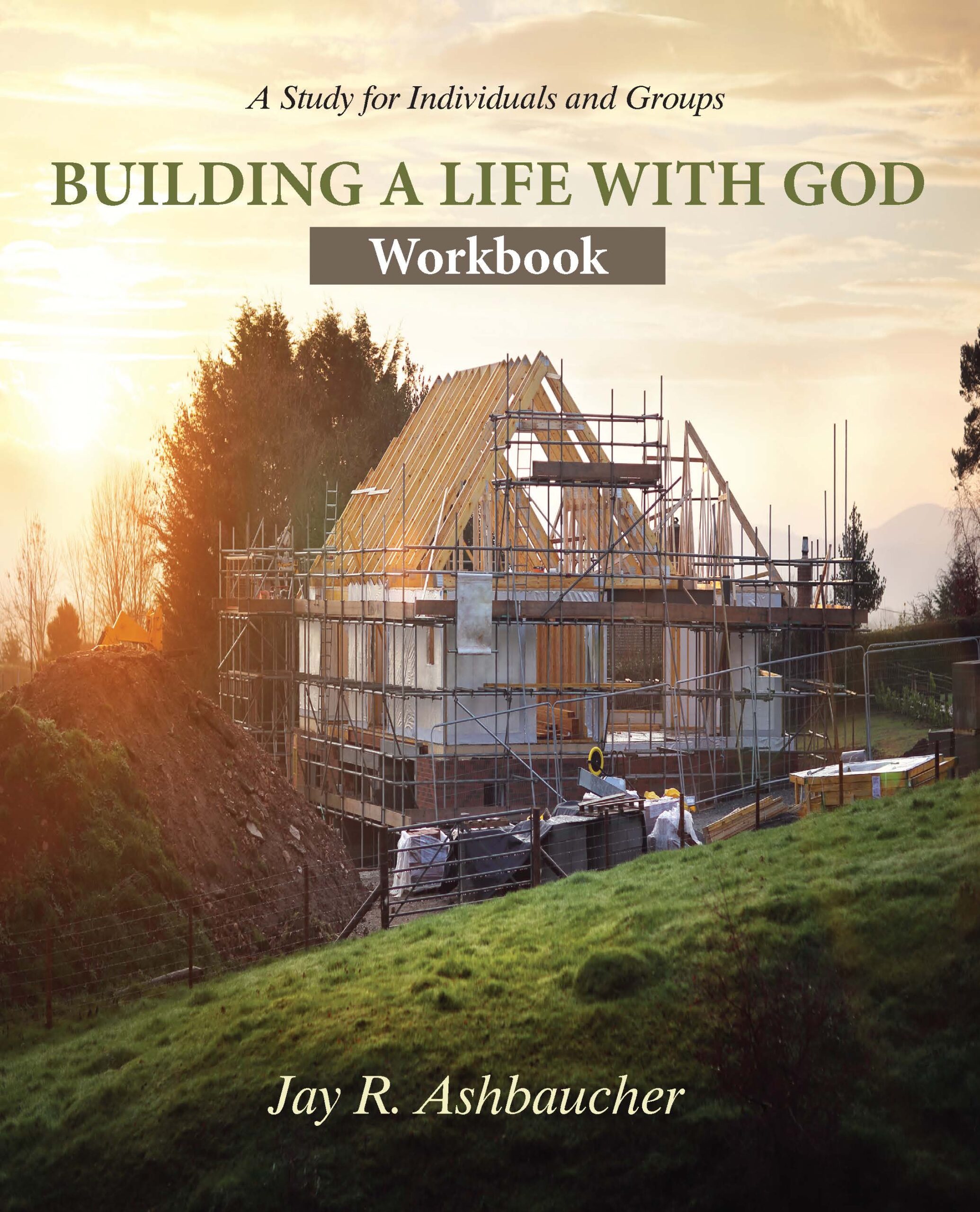Someone asked a missionary who was blind how he could accomplish all he had been doing for God without being able to see. The missionary’s answer was, “I walk by faith and not by sight.” That is one way to interpret 2 Corinthians 5:7, but what does the verse mean in its context? The Apostle Paul is writing a letter to the people in the Corinthian church, telling them of his sufferings. He’s been afflicted in every way, perplexed, persecuted, struck down — but it has not defeated him. He does not lose heart. He is looking at the things of God that are eternal. Romans 8:18 tells us that our sufferings are temporary. What we see and experience daily is nothing compared to what our faith sees is ahead for us. Paul provides encouragement and comfort, for we all go through trying times. He is reminding believers about their faith and the promises of God. In the middle of his reminder, he interrupts what he is going to say next with this thought: “For we walk by faith and not by sight”.Faith sums up what the Christian life is all about. Although Paul applies the statement to his current circumstances, it applies to many other situations as well. Walking by faith and not sight describes how we live as followers of Jesus in many every-day situations. Physically speaking, walking is how we move from one place to another. And, we walk with a purpose, aim, or destination in mind. By using the words faith and sight, Paul is making a distinction between people who live with spiritual eyes on God and the things he has made known to them, as opposed to those who live with physical eyes set on the things of this world only. Those who live without faith in God, who live by sight, are those who walk by their own senses, who live for the approval of others, who are influenced by their societal and cultural values, and who are without the hope God offers. They are people who are satisfied and rewarded only by the hopes, dreams, ambitions, pleasures, and good deeds of an earthly life. Followers of Jesus, on the other hand, have an eternal perspective and focus on what pleases God (2 Corinthians 5:9; 4:16-18). Their walk is a journey from this world to another world, from this world to a world Christ is presently making, and will complete when he comes to establish his kingdom on earth.
Let’s consider the following ways Christians walk by faith and not by sight. (1) We walk by faith and not by sight when we need God to save us, or to help us with a need, and we come to him, believing he exists and will reward those who seek him (Hebrews 11:6). Faith means committing our lives to the one we believe will save us, even when we do not yet understand how that works or what may happen to us. I remember when I first believed. I was terrified of death, and when I learned of Jesus, that those who believed in him would never die, I believed he existed and could save me. God allowed my heart to fear, creating in me the longing to be saved from what I feared. God relieved my fear and death by sending me his message of hope (John 11:25-26). We must believe God exists and trust him to save us, believing he is telling us the truth and will reward us with what we need.
(2) We walk by faith and not by sight when, in the midst of trials, afflictions, and sufferings, we believe God will work all things together for good to those who love him and are called according to his purpose (Romans 8:28-29). Walking by faith is especially important when faced with situations that threaten our well-being. Joseph was a good example of this. His story is told in the Bible, Genesis 37 and 39-50. God allowed bad things to happen to him, but Joseph maintained his walk of faith in God, even when unable to see how the bad could work out for good. His brothers sold him to merchants who were on the way to Egypt. It was an evil thing to do and very upsetting to Joseph (Genesis 42:21), but even though he may not have felt it at the time, God was with him (Acts 7:9). Joseph continued to live his life the way God wanted him to live it. Yet, even though he obeyed God, he landed in prison for two or more years because of false charges against him. Later, there came a day when Joseph was able to say to his brothers, “You meant evil” (by wanting to get rid of me), “but God meant it for good, to preserve many people alive” (Genesis 50:20). Even though we may not see how bad things that happen to us can work for good, we keep walking by faith.
(3) We walk by faith and not by sight when we make a decision that needs to be made, trusting God’s providential workings (Proverbs 3:5-6). To walk by faith and not by sight involves two seemingly contradictory things. We are free to plan and choose our ways, which we believe to be in accordance with God’s ways, and at the same time, God in heaven determines and directs our paths. The Bible tells us that both of these are at work simultaneously. “The mind of man plans his way, but the Lord directs his steps” (Proverbs 16:9). This principle of our will and God’s will working together is also seen in the verse that says, “Work out your salvation with fear and trembling; for it is God who is at work in you, both to will and work for his good pleasure” (Philippians 2:12-13). Jesus illustrates this principle in that while he voluntarily chose to lay down his life on a cross, God had already determined that the cross would be part of his plan and directed how it went. For us, to walk by faith and not by sight means faithfully choosing to follow Christ Jesus, living by his example and teachings, while at the same time trusting God to direct our lives in ways that will fulfill his good will, both in our lives and in the lives of others. We never know when God will show up, or how things will work out in our daily walk with him. We make our plans, but God directs and has the last word. We give him freedom to open or close doors. We walk by faith and not by sight when we make a decision that needs to be made, follow through with it, and trust God’s providential workings.
(4) We walk by faith and not by sight when we obey God’s revealed will, believing that by doing so we are bringing something of God’s kingdom on earth as it is in heaven. To walk by faith, and be more effective in serving God’s cause, it helps us to know God’s overall plan for his world, including his plan for us as his people. For example, Mother Teresa lived out her life serving the needs of the poor in the slums of Calcutta, India. In letters she wrote she revealed that much of her life serving God and loving people was lived with a feeling that she was alone and God had abandoned her. Yet with faith, she prayed daily, and even when she was not aware of God’s presence, she kept on with her work, doing what she knew God had called her to do. To walk by faith and not by sight is to believe that God is working in and through our daily lives to accomplish his purposes, even though we may not see it or feel it.
(5) We walk by faith and not by sight when we come face to face with the door of death, realizing we are about to pass through to the other side. Fear of death is a common human emotion (Hebrews 2:14-15). Often we may face health conditions that threaten our lives. The Apostle Paul says that when we are burdened excessively, beyond our strength, despairing even of life, “We have the sentence of death within ourselves so that we would not trust in ourselves, but in God who raises the dead” (2 Corinthians 1:8-9). Being ready to enter his unseen glory by surrendering our life into the hands of God is to live by faith and not by sight. Like Jesus, who committed his life into God’s hands when he was on the cross (Luke 23:46), our surrender might sound like this: “Lord, if it is my time to be with you, it is OK. I know I will be present with you in your heavenly realm and that my body will be resurrected unto eternal life through the power of your Spirit who resides within me” (Romans 8:11). On this side of death’s door, faith in our promised hope from God can bring peace, excitement, and joy in what we are about to experience. Being ready to enter his unseen glory by surrendering our life into the hands of God is to live by faith and not by sight. The Lord Jesus is our Good Shepherd. He loves his sheep and will lead us only to good places that will completely satisfy us. When we answered the call to believe in Jesus, we entered his kingdom here on earth, where we live by faith and not by sight. When our corruptible body dies, that is when the kingdom of God in all its promised fullness and sight begins, and we will dwell in the house of the Lord forever (Psalm 23).










